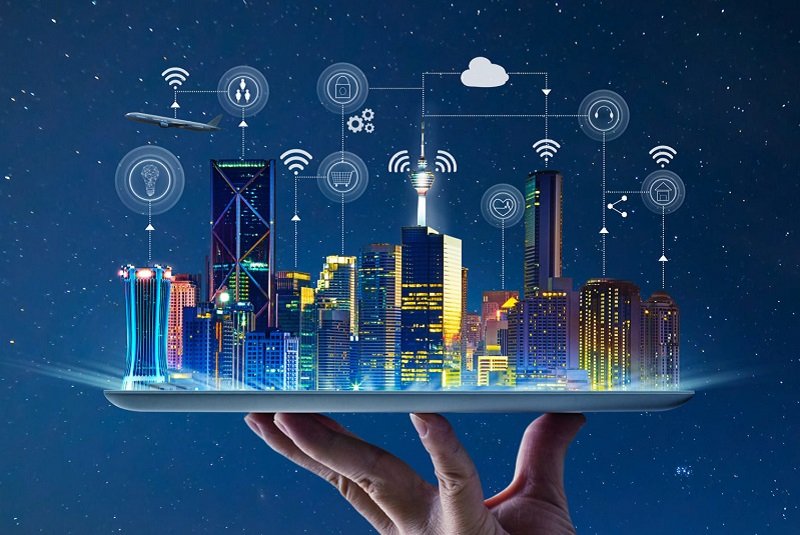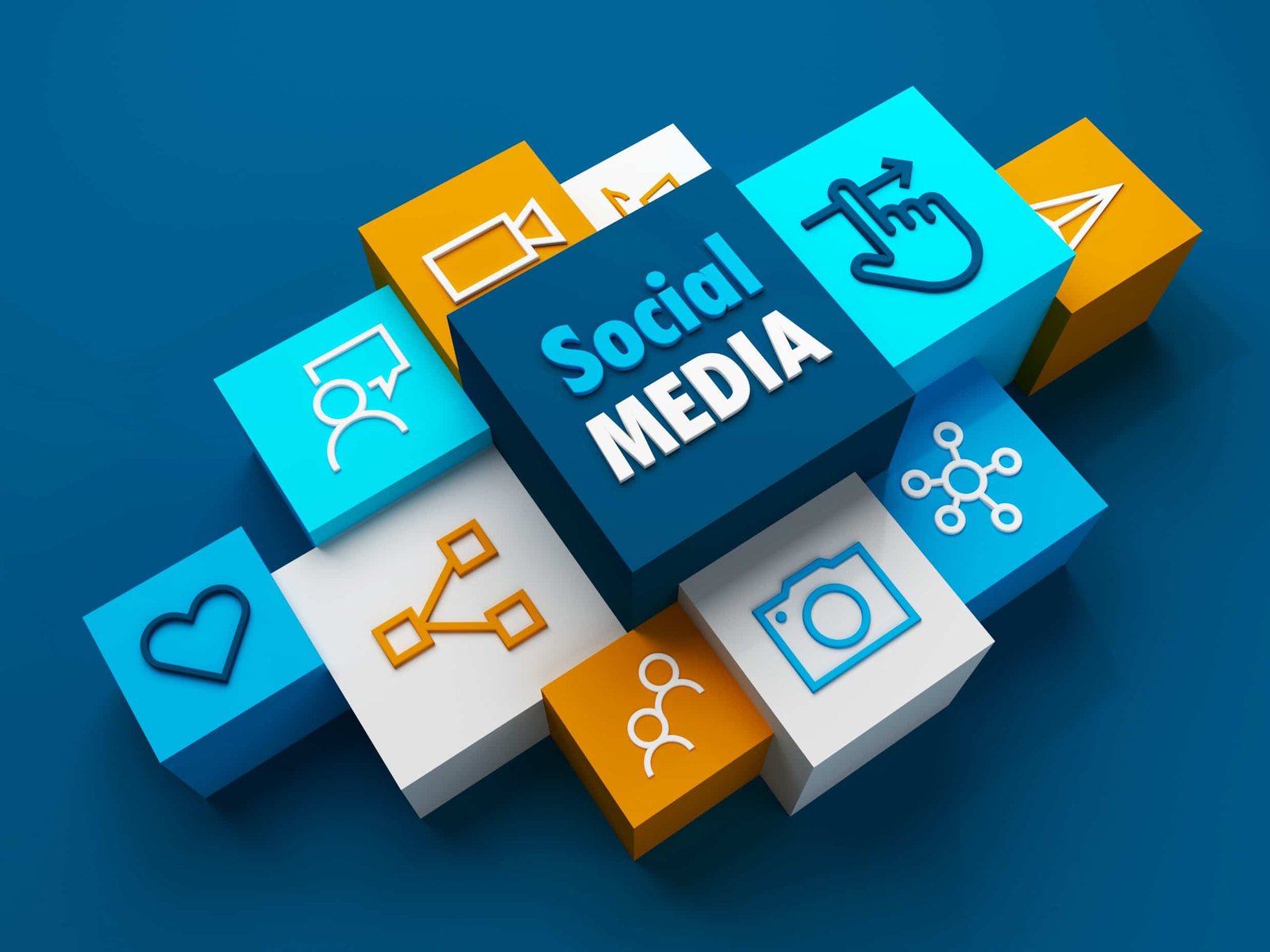How ICT Affects the World

Information and Communication Technology (ICT) has profoundly reshaped the world in ways unimaginable just a few decades ago. From transforming the global economy to revolutionizing education, healthcare, and even social interactions, ICT has become an integral part of human life. It has bridged gaps, brought the world closer, and created new opportunities, while also introducing challenges that society must navigate. This narrative explores the multifaceted impact of ICT on the world, highlighting its benefits, challenges, and future potential.
The Economic Impact of ICT
Job Creation and Economic Growth
One of the most significant effects of ICT is its role in economic development. The rise of digital economies has led to the creation of millions of jobs across different sectors. Technology companies like Google, Amazon, and Microsoft have employed thousands of people directly while also enabling small businesses to grow through digital tools. Freelancing platforms such as Upwork and Fiverr have allowed individuals to find employment opportunities beyond their geographic locations, expanding job prospects for millions.
Additionally, ICT has increased productivity across industries. Automation, artificial intelligence (AI), and data analytics help businesses make more informed decisions, optimize their operations, and reduce inefficiencies. The adoption of cloud computing and blockchain technology has revolutionized data storage, security, and financial transactions, further boosting economic growth.
E-commerce and Digital Transactions
The advent of ICT has transformed the way people buy and sell goods. E-commerce platforms like Amazon, Alibaba, and eBay have made shopping more convenient, allowing consumers to purchase items from anywhere in the world. Online banking and digital payment services like PayPal, Venmo, and cryptocurrencies have enabled seamless financial transactions, reducing dependency on physical cash.
Developing countries have particularly benefited from digital financial inclusion, where mobile money services like M-Pesa in Kenya have provided banking solutions to previously unbanked populations. These innovations have helped reduce poverty and stimulated economic growth by enabling small businesses to thrive.
The Impact of ICT on Education
Access to Information and Learning Opportunities
ICT has revolutionized education by making learning resources more accessible than ever. The internet has become a vast repository of knowledge, with platforms like Coursera, Udemy, and Khan Academy offering online courses in various subjects. E-learning has enabled students in remote areas to access quality education, breaking geographical barriers that previously hindered learning.
Moreover, ICT tools such as virtual classrooms, interactive whiteboards, and educational apps have made learning more engaging and effective. Students can collaborate with peers worldwide, access real-time information, and even participate in virtual reality simulations that enhance their understanding of complex topics.
Bridging the Educational Divide
ICT has played a crucial role in bridging the educational divide between developed and developing nations. Governments and NGOs have launched digital literacy programs to equip students with essential technological skills. Initiatives like One Laptop Per Child (OLPC) have provided children in impoverished regions with digital devices, allowing them to connect with the rest of the world and gain new knowledge.
The Role of ICT in Healthcare
Telemedicine and Remote Healthcare Services
The healthcare industry has greatly benefited from ICT advancements. Telemedicine has become a game-changer, allowing patients to consult doctors remotely through video calls, reducing the need for physical visits. This has been particularly beneficial in rural areas where medical facilities are scarce.
Electronic Health Records (EHRs) have improved patient care by providing doctors with real-time access to medical histories, minimizing errors, and enabling better diagnosis and treatment. Wearable health devices, such as smartwatches, have empowered individuals to monitor their health parameters, such as heart rate and oxygen levels, promoting preventive healthcare.
Medical Research and Innovation
ICT has accelerated medical research by enabling scientists to analyze vast amounts of data, conduct simulations, and collaborate with experts globally. AI-driven drug discovery and robotic surgeries have pushed the boundaries of medicine, leading to breakthroughs that save lives. The COVID-19 pandemic underscored the importance of ICT in healthcare, with rapid vaccine development and global data sharing helping curb the spread of the virus.
Social and Cultural Impact of ICT
Global Connectivity and Social Media
ICT has transformed the way people communicate and interact. Social media platforms like Facebook, Twitter, Instagram, and TikTok have connected people across different continents, enabling instant communication and cultural exchange. These platforms have played a pivotal role in raising awareness about social issues, mobilizing movements, and promoting global discussions on various topics.
However, social media also has its downsides, including misinformation, cyberbullying, and privacy concerns. The challenge remains in striking a balance between connectivity and responsible usage.
Cultural Exchange and Digital Entertainment
The digital age has enabled people to experience different cultures through online content. Streaming platforms like Netflix, Spotify, and YouTube provide access to movies, music, and documentaries from various parts of the world, fostering a greater appreciation for diverse cultures. Online gaming communities have also brought together players from different backgrounds, creating a shared virtual experience.
Challenges and Ethical Concerns of ICT
Cybersecurity and Privacy Issues
As the world becomes increasingly digital, cybersecurity threats have risen significantly. Cyberattacks, identity theft, and data breaches pose serious risks to individuals and organizations. Governments and corporations are investing in cybersecurity measures, but the battle against cybercriminals remains ongoing.
Privacy concerns have also emerged, with companies collecting vast amounts of user data for targeted advertising. Regulations like the General Data Protection Regulation (GDPR) aim to protect user privacy, but ethical questions about data usage continue to arise.
Digital Divide and Inequality
Despite the widespread adoption of ICT, a digital divide still exists. Many rural and underprivileged communities lack access to reliable internet and digital devices, limiting their participation in the digital economy. Bridging this gap requires investment in infrastructure, affordable internet services, and digital literacy programs.
The Future of ICT
Artificial Intelligence and Automation
The future of ICT will be driven by AI and automation. AI-powered systems are expected to revolutionize industries by performing complex tasks, from autonomous driving to AI-assisted medical diagnoses. However, the rise of automation raises concerns about job displacement, requiring a shift in workforce skills and adaptation to new job roles.
5G and the Internet of Things (IoT)
The rollout of 5G networks will enhance connectivity, enabling faster data transmission and supporting the growth of IoT devices. Smart cities, autonomous vehicles, and connected healthcare systems will become more feasible, improving efficiency and quality of life.
Sustainable ICT Solutions
As technology advances, the need for sustainable ICT solutions becomes critical. Green computing, energy-efficient data centers, and electronic waste management are areas that require attention to ensure a balance between technological progress and environmental conservation.
Conclusion
ICT has undoubtedly reshaped the world, bringing immense benefits in economic growth, education, healthcare, and social connectivity. However, it also presents challenges such as cybersecurity threats, digital divide issues, and ethical dilemmas. The future of ICT holds great promise, with advancements in AI, IoT, and sustainable technology poised to further transform human civilization. The key lies in responsible and inclusive adoption, ensuring that the benefits of ICT reach everyone while mitigating its risks. As we continue to embrace the digital revolution, striking a balance between innovation and ethical considerations will be crucial in shaping a better, more connected world.









